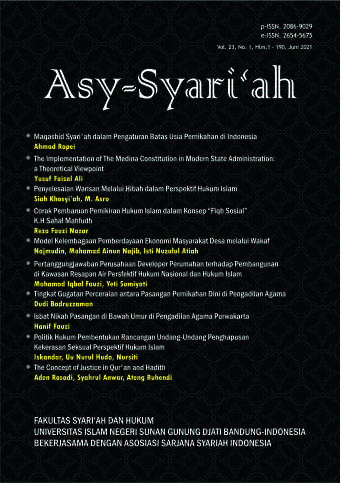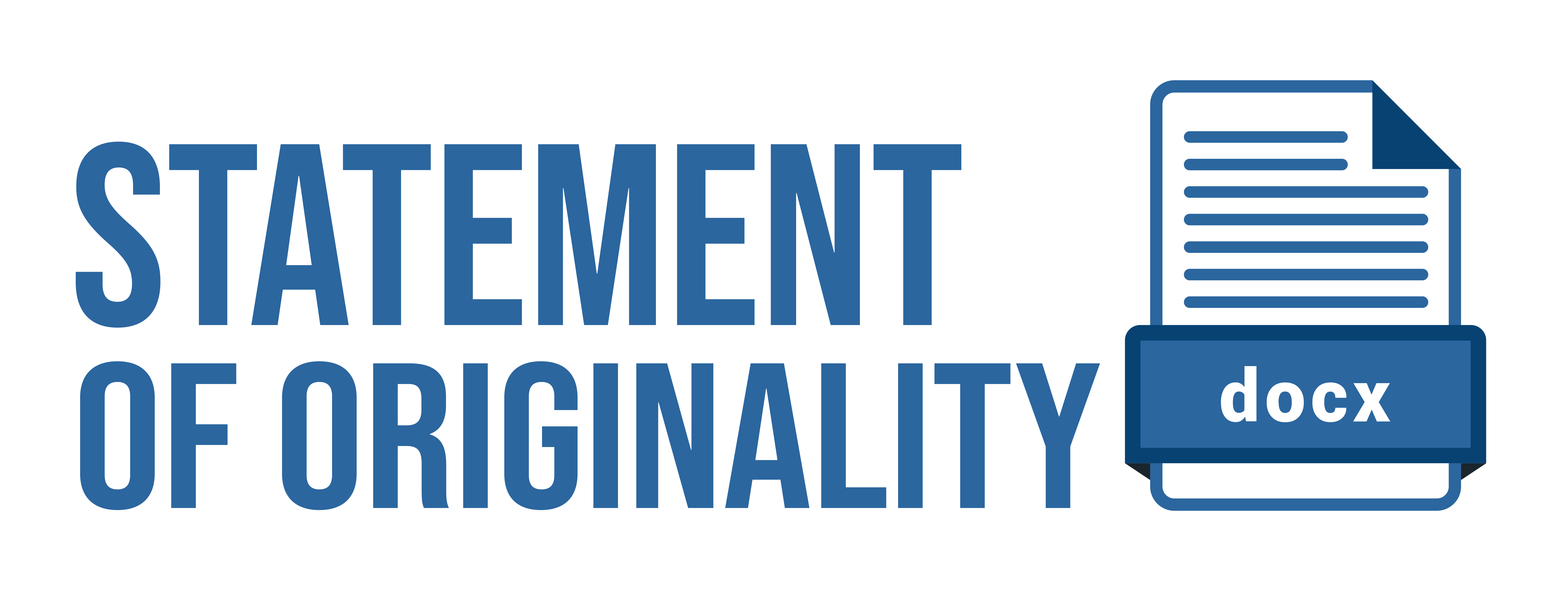Facing Economic Recession in Nigeria: Lessons from Umar Ibn Al-Khattab’s Economic Policies
DOI:
https://doi.org/10.15575/as.v26i2.39427Keywords:
leadership, islamic economic policies, lessons, recession, khalifAbstract
Abstract: Economic conditions are dynamic and can shift from prosperity to adversity, affecting individuals and nations. This paper examines the socioeconomic recession during the early Islamic era under the leadership of Umar ibn Al-Khattab, exploring its causes, remedies, and eventual recovery. Umar’s governance marked by compassionate leadership, adaptive policies, and resource prioritization provides valuable lessons for addressing contemporary economic challenges. Nigeria, which is facing economic recessions characterized by unemployment, inflation, and resource mismanagement, can use these lessons to mitigate its economic woes. This study employs a historical and content analysis of early Islamic economic policies, a comparative analysis of Nigeria’s current challenges, and policy reviews. This highlights the need for empathetic leadership, legislative flexibility, effective resource allocation, and integration of Islamic social finance mechanisms, such as zakāt and waqf, into Nigeria’s socioeconomic framework. Nigeria can enhance its economic resilience and inclusivity by fostering transparency, social justice, and collaboration while addressing systemic inequities.
References
Abey, A., and M. Anne. “Nigeria the Largest Economy in Africa: A Paradox of Economic Growth Hypothesis.” EPRA International Journal of Economic and Business Review (JEBR) 2, no. 215–24 (2014). https://eprajournals.com/IJES/article/9288.
Adagba, O. S. “Evaluation of Performance of Code of Conduct Bureau (CCB) and Code of Conduct Tribunal (CCT) in Combating Corruption in the Nigerian Public Service.” Ahmadu Bello University, Zaria, Nigeria, 2012.
Adeoye, B. W., and A. A. Atanda. “Exchange Rate Volatility in Nigeria: Consistency, Persistency, and Severity Analyses.” CBN Journal of Applied Statistics 2, no. 2 (2005).
Downloads
Published
How to Cite
Issue
Section
Citation Check
License
Copyright (c) 2024 Khalid Ishola Bello

This work is licensed under a Creative Commons Attribution-ShareAlike 4.0 International License.
The author whose published manuscript approved the following provisions:
- Authors retain copyright and grant the journal right of first publication with the work simultaneously licensed under a Attribution-ShareAlike 4.0 International (CC BY-SA 4.0) License that allows others to share the work with an acknowledgment of the work's authorship and initial publication in this journal.
- Authors are able to enter into separate, additional contractual arrangements for the non-exclusive distribution of the journal's published version of the work (e.g., post it to an institutional repository or publish it in a book), with an acknowledgment of its initial publication in this journal.
- Authors are permitted and encouraged to post their work online (e.g., in institutional repositories or on their website) prior to and during the submission process, as it can lead to productive exchanges, as well as earlier and greater citation of published work (See The Effect of Open Access).






